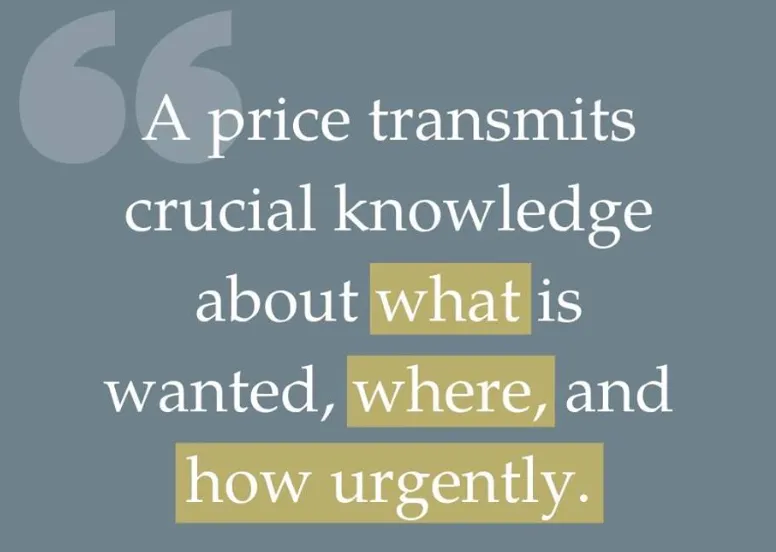
Hurricane Dorian makes landfall likely in South Carolina after devastating the Bahamas and doing a lot of water damage to the coast of Florida. There are reports of $4 cases of water selling for $9. This is price gouging and is officially considered a violation of unfair or deceptive trade practices law.
Price gouging is a term referring to when a seller spikes the prices of goods, services or commodities to a level much higher than is considered reasonable or fair, and is considered exploitative, potentially to an unethical extent.
A year ago, I made a post reporting price gouging when Hurricane Michael, a category 5 hurricane made landfall in Florida and price gouging was rampant. @spectrumecons our resident economist pointed out that :
"Price gouging is a very narrow minded short term strategy. Disasters do not last forever. People will remember exploitative behaviour. A better long-term strategy is help out at the lower prices and even make a loss in order to build a reputation for philanthropy."
In response and in spirit of debate, my take is this :
The key to understanding why laws against price gouging are a bad idea is first understanding that 1) good intentions do not automatically create good outcomes, and 2) prices are a signal about how much supply their is compared to the demand, and 3) people respond to that signal even if they don't understand what it really means.

Economics is a moral science. It's about the material well-being of society and how that is best attained. And the argument against anti-price gouging laws is a moral argument about how we best ensure people can get what they need, sometimes what they desperately need, in a crisis.
Think of it this way: for the person who needs plywood to protect their homes, expensive plywood is better than no plywood at all because another person responded to a low price by buying extra "just to be on the safe side." And if more is needed than is currently available, expensive plywood shipped in because a high price stimulated more supply is better than no plywood because a low price provided little incentive to undertake extra efforts to bring in more.
You can pretend to care for people by supporting good sounding but ineffective policies - merely symbolic - or you can seriously care for people by supporting policies that accomplish the real goal, even if they don't sound noble.